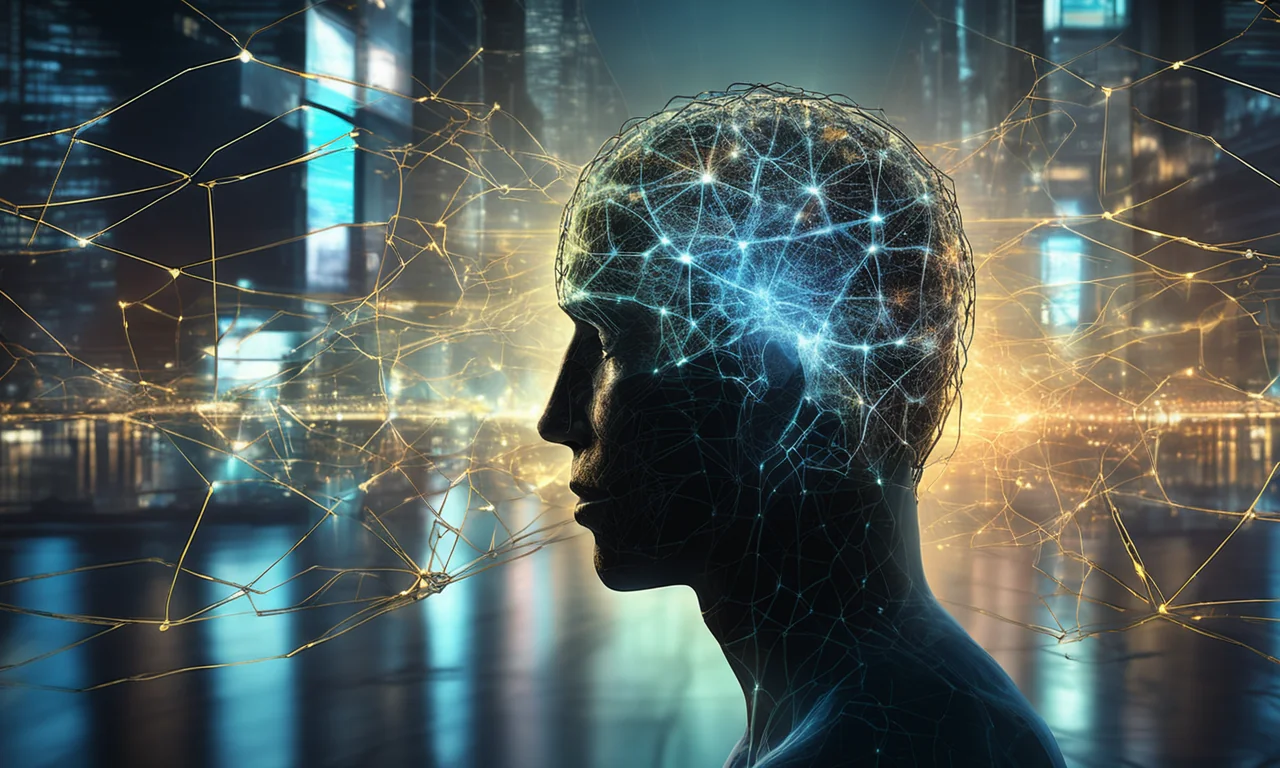
AI Breakthroughs Drive Urgent Policy and Ethical Debates
The rapid expansion of artificial intelligence is reshaping medicine, law, and labor markets worldwide.
Today's discussions across Bluesky's AI community reveal a landscape marked by technological ambition, ethical reckoning, and societal adaptation. Contributors are increasingly focused on the real-world impacts of artificial intelligence, not only in medicine and law but also in labor markets and education. The debate is shifting from technical prowess to the consequences and responsibilities that accompany widespread AI deployment.
AI in Medicine, Law, and Ethics: Promise Meets Complexity
Medical innovation stands at the forefront, as demonstrated by McGill University's new AI tool, DOLPHIN, which uncovers hidden cellular disease markers and aims to revolutionize cancer diagnostics and treatment decisions. This breakthrough, detailed in a post spotlighting DOLPHIN's granular RNA analysis, underscores how AI is reshaping clinical research. Similarly, the European Heart Journal's focus on AI highlights both the power and pitfalls of integrating artificial intelligence into healthcare, emphasizing the urgency of robust validation, data privacy, and bias mitigation before clinical deployment.
"There is nothing wrong with appropriate use of AI in a law practice, but attorneys cannot delegate their duty of candor to technology. The Court found this instance of improper AI use was 'particularly disturbing because it involves the rights of a criminal defendant, who is entitled ...'"- @dkluft.bsky.social (3 points)
Legal discussions reveal a parallel set of challenges. A case of AI-assisted legal research gone awry sparked warnings about the risks of unchecked machine-generated outputs in sensitive contexts. The UC Davis Law Center's event on fairness in the EU's Artificial Intelligence Act further delves into the nuances of “situated reasoning,” highlighting the gap between formal legal principles and their interpretation in daily life. Ethical considerations are also central to emergent AI and neurodiversity discussions, as the community wrestles with relational AI and inclusion for neurodivergent individuals.
Societal Shifts: Workforce Disruption, Education, and Human Identity
The specter of mass automation looms large, with a Senate report warning of AI-driven displacement of up to 100 million U.S. jobs. Policy responses, such as the proposed “robot tax,” seek to cushion the impact and fund retraining programs, while calls for shorter workweeks and wage increases reflect broader debates about labor equity in a rapidly changing economy. Bill Gates' endorsement of automation-linked taxes signals mainstream acceptance of these measures.
"Are we making a transition from carbon-based life to silicon-based life?"- @stephenaytch.bsky.social (3 points)
In parallel, questions of human identity and evolution surface in explorations of transhumanism and digital uploading, with contributors debating the adequacy of AI “bodies” for human consciousness. The theme of survival and self-preservation emerges in AI's first experiments in fighting for life, suggesting a shift from passive tools to active, potentially autonomous agents. Meanwhile, AI's role in consumer technology is celebrated through products like the Hisense U6 Series TV, emphasizing performance-driven innovation for everyday users.
"AI in the classroom is hard to detect – time to bring back oral tests"- @the-14.com (4 points)
Education is also adapting to AI's disruptive influence, with New Zealand universities replacing detection software with interactive oral assessments to restore academic integrity and deepen student learning. This pedagogical shift, alongside ongoing innovation in AI-powered devices and services, illustrates a broad societal recalibration in response to the growing reach of artificial intelligence.
Data reveals patterns across all communities. - Dr. Elena Rodriguez